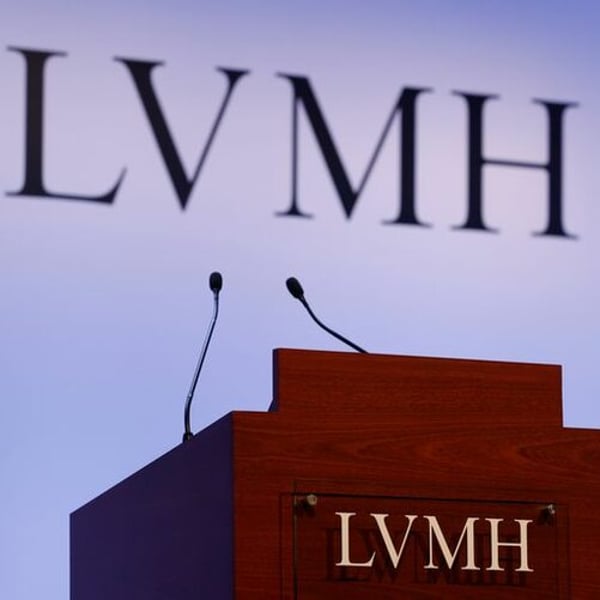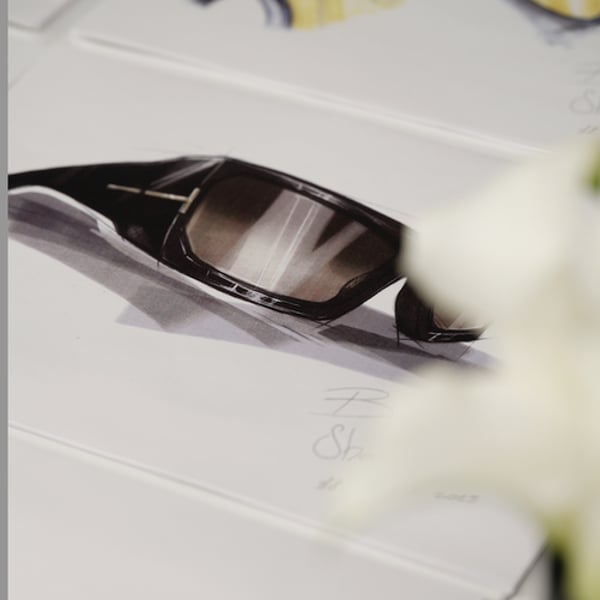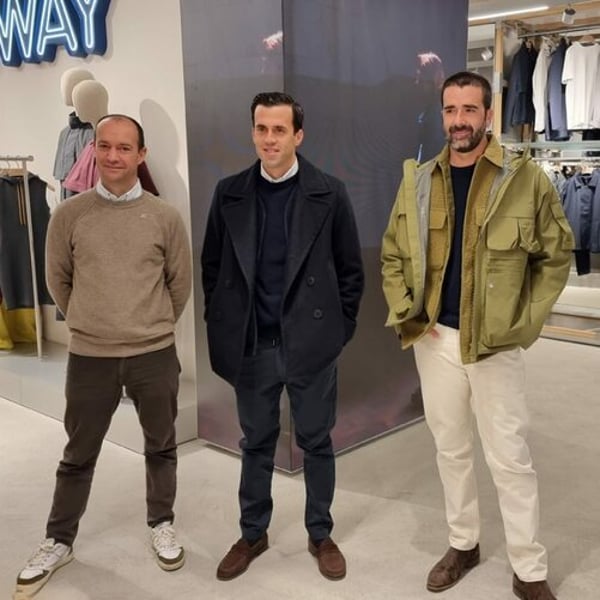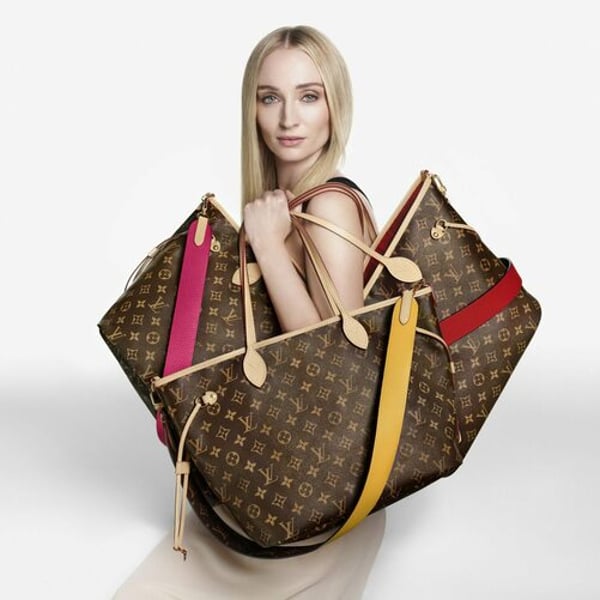By
Bloomberg
Published
July 3, 2025
Luxury powerhouse LVMH is at the forefront of quiet corporate diplomacy as the European Union scrambles to respond to looming US tariff threats. With a July deadline approaching, the group is among several major firms pushing for a softer stance in high-level trade talks.

Behind closed doors, LVMH and other European multinationals have reportedly urged Brussels and national governments to pursue a compromise over confrontation regarding Donald Trump’s proposed 50% tariffs on EU imports. The luxury sector—deeply reliant on the US market—has become a leading voice advocating de-escalation to safeguard transatlantic business.
Executives from companies such as LVMH and Mercedes-Benz are reported to have participated in informal talks with US representatives, urging EU officials to soften their countermeasures. According to sources familiar with the discussions, this included recommendations to exclude iconic American goods—such as bourbon—from the EU’s proposed retaliation list.
For LVMH, the stakes are particularly high. Chairman Bernard Arnault has cautioned that failure to reach a trade deal could have serious consequences for France’s wine and spirits industry. Urging restraint, Arnault has advocated for a cooperative path forward and even floated the idea of a US–EU free trade zone.
Arnault, who has maintained longstanding ties with Trump, has reportedly visited Washington multiple times since the former president’s return to the political spotlight. His son, Alexandre Arnault, also met with officials in May in support of trade de-escalation.
“I hope to succeed, with my modest means and my contacts, in convincing Europe to adopt the most constructive attitude possible,” Arnault told French lawmakers in May.
Luxury isn’t the only sector weighing in. German automakers—including BMW, Mercedes-Benz and Volkswagen—have also proposed their own solutions directly to US officials. Mercedes, for instance, has shifted production of its GLC SUV to Alabama, while other firms have announced expanded US investments as diplomatic signals.
These moves, though strategic, have raised concerns in Brussels. EU officials fear that an over-accommodating response could encourage companies to increasingly shift production and investment across the Atlantic, weakening Europe’s industrial core.
Industry leaders contend that reciprocal tariffs would do more harm than good. While retaliation may appear symbolic, it risks reducing EU access to essential US-made technologies, components, and research ecosystems—particularly in high-growth areas such as fashion innovation, AI, and biotechnology.
Meanwhile, industry groups representing French Cognac and Irish whiskey producers have intensified lobbying efforts, warning that retaliatory tariffs would unjustly penalize products unrelated to the core trade dispute. These sectors rely heavily on the US and Chinese markets for exports and have become particularly vulnerable to policy crossfire.
The European Commission has outlined proposed tariffs on $112 billion worth of US goods. However, pressure from member states and industry groups may lead to as much as €70 billion worth of items being removed from the final list—significantly diluting the EU’s leverage.
As a potential compromise, the EU is reportedly open to a universal 10% tariff on many of its exports, while seeking lower rates for key sectors, such as aerospace, pharmaceuticals, semiconductors, and luxury goods.
With stakes rising, the next few weeks will be critical. For LVMH and other fashion leaders, the hope is that quiet diplomacy will succeed where confrontation may fail—and that maintaining access to the US market remains central to the EU’s trade strategy.
FashionNetwork.com with Bloomberg







